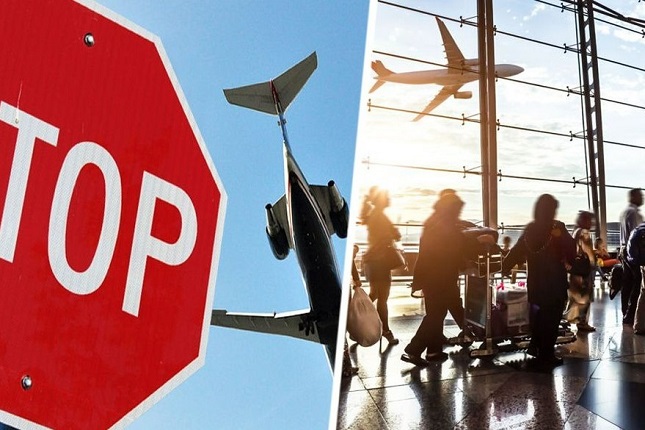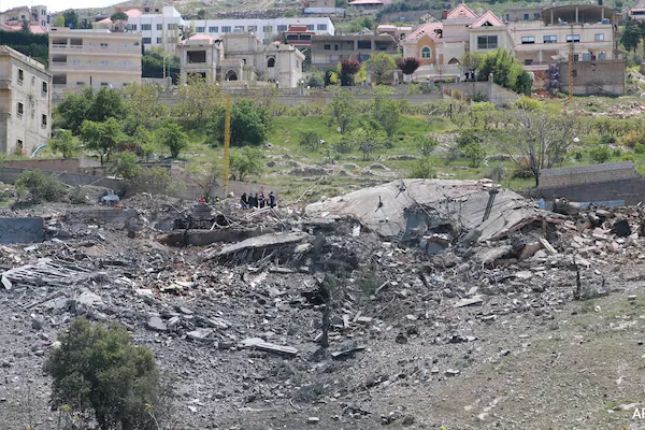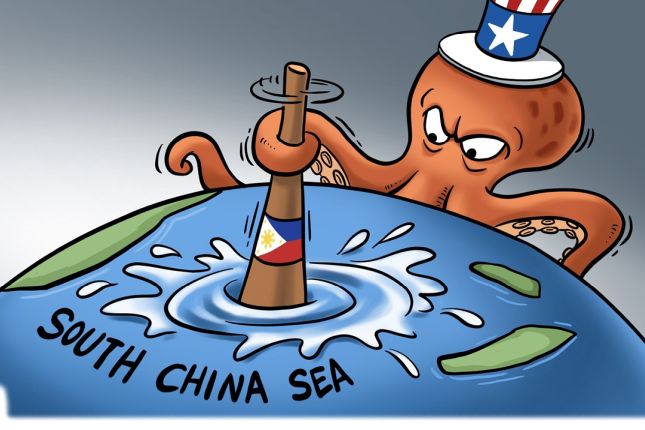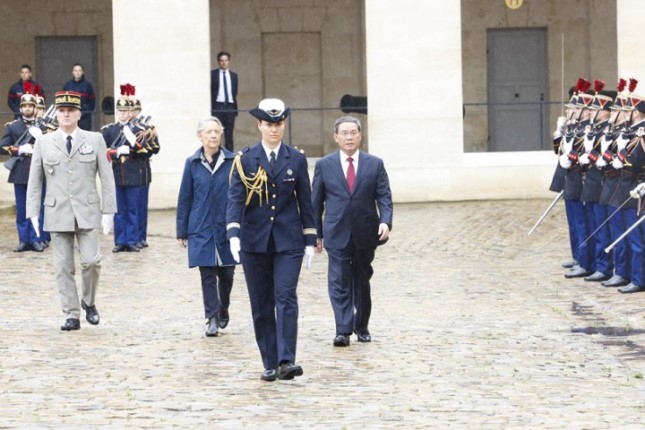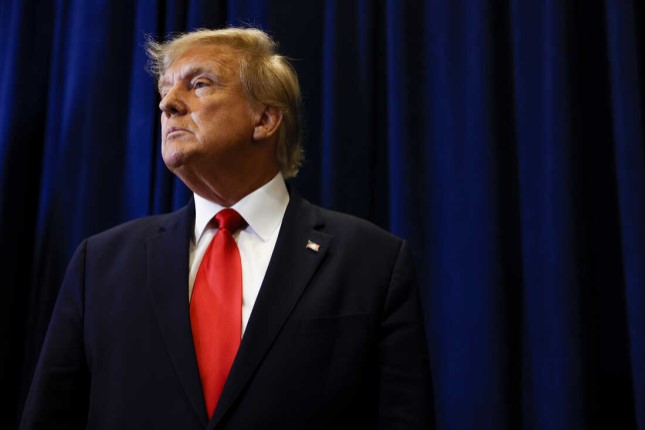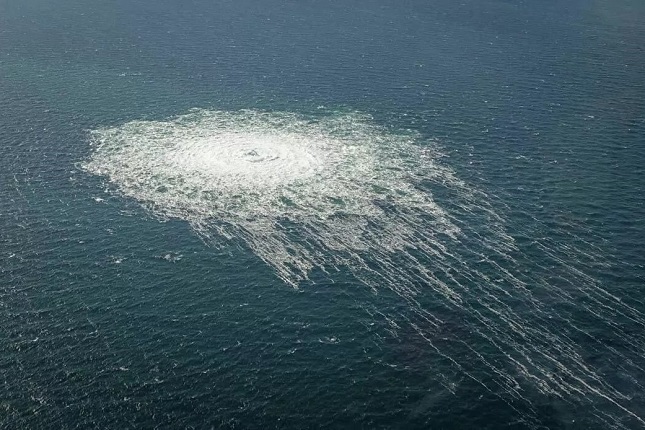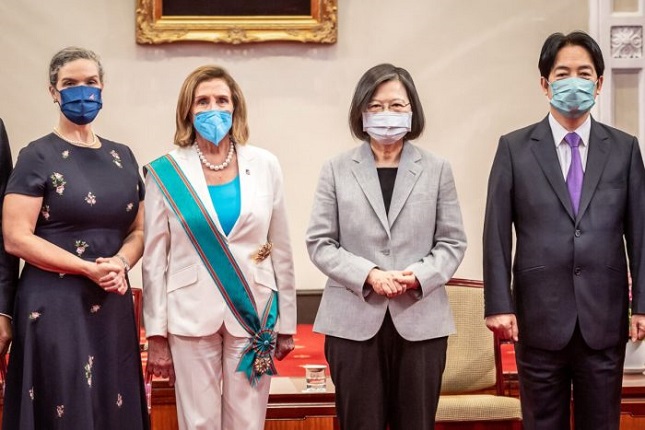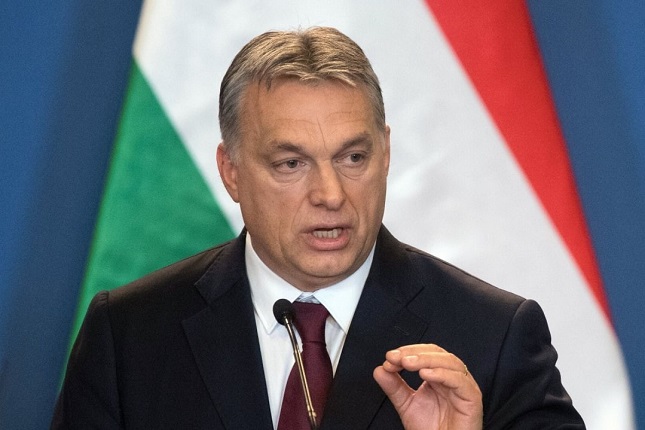It was hardly the most dramatic in the chain of events constituting the ongoing ‘Ukrainian’ crisis when [Russian Foreign Minister] Sergey Lavrov’s visit to Serbia was countered by a refusal to let Russia’s government jet fly over Bulgaria, North Macedonia, and Montenegro (all NATO members); yet it did set a precedent giving rise to a number of serious questions. Said questions will be set forth and answered below.
Was the three nation's collective act even legal?
In form, yes, and still not in its entirety. They will predictably site the unilateral EU sanctions against Russia concerning air travel. This, however, will be in considerable discord with the ethical code of diplomats. Vienna Convention makes no direct statements concerning the 'right' of third countries to interfere in any diplomatic relations, but clearly, diplomatic privileges and immunities were essentially meant to ensure sound and unhindered diplomatic communication even between non-friendly countries. Thus, the act goes against the goals and principles of the Charter of the United Nations, including equal sovereignty, international peace and security, fostering friendly ties between nations, and the basic right to dialogue. Further, it was an ungrounded (because Lavrov’s planned talks with Serbian hosts were never aimed against any third party) act of hostility, the like of which are committed by parties to a war only, thus confirming the fact of a state of war between NATO and the Russian Federation. And it was aimed against Serbia as well as against Russia.
Shall we respond? How?
Reciprocity is a basic principle in diplomatic relations, meaning that no hostile acts should be left unanswered. Speaking at a press conference held on the occasion of this lamentable development, Minister Lavrov stressed that neither Russia nor Serbia would do anything to hinder communication and cooperation between peoples. The attitude taken by him is morally right; it is the attitude of one morally superior; and the ongoing hybrid world war waged by the US and UK-led ‘collective West’ against Russia, Europe, and the whole rest of the world is a war of civilisations; a war in which the New World led jointly by Russia and China, in addition to an economic and military superiority, also possesses a spiritual and moral superiority. However, the right to respond should not be waived just because the opponent is unscrupulous. Russia and Serbia can both file a letter of protest to the three Balkan nations. Meanwhile, an adequate and asymmetric response must be addressed to the main perpetrators, namely Washington, London, and Brussels. The Federal Republic of Yugoslavia acted similarly in 1999, severing ties with the four leading NATO members rather than with all nineteen of them.
What are possible consequences for the Balkans?
Sergey Lavrov noted that those responsible for the hostile act had stopped him from supporting, on behalf of Russia, the Open Balkans, a meeting scheduled for 7 and 8 June, thus factually opting for ‘Closed Balkans’. Cooperation in the region cannot be hindered because the peoples in the Balkans benefit from these processes more than anyone else. Meanwhile, the numerous conflicts tormenting the region in the past few centuries and the term 'Balkanisation' itself were all caused by the actions of leading Western powers, such as primarily the UK, Austro-Hungary, Germany, and the US. Serbia took the lead in regional cooperation in the 1990s, which it does today – because it has more sovereignty. Serbia’s new sovereignty is the function of its alliance with Russia and China. Thus, an attack on Serbia’s sovereignty is a hostile act aimed at the entire Balkan region.
What are possible consequences for Serbo-Russian relations?
An alliance between Serbia and Russia is more than the pledge of survival, sovereignty, unity, and progress for the Serbian people: it is also the premise for stability and universal openness in the Balkans as well as a salvation for Europe, which is currently the worst hit by the ongoing hybrid world war. However, suppose Russia and Serbia fail to find a suitable answer to this hostile act. In that case, many in Serbia may think there is no alternative to the EU and NATO, which 'surround us, while Russia is far away. This is the biggest reason why this hostile act cannot remain unanswered. We always knew that serious talks with Russia about new aspects of bilateral and regional relations must be initiated. As a result of the struggle in Ukraine, Russia may make a comeback to Odesa, which also means a comeback to the Balkans, something that makes such talks a must-do; Lavrov’s visit made impossible, meanwhile, is an alarm signal saying that the issue is becoming urgent. Serbs and Russians have been allied since St Sava for eight centuries. The time is ripe to give our alliance a new meaning. The right moment to start seriously planning for it is now.
Nothing short of it will ensure the coming of a New World, i.e., a time of peace and cooperation when dialogue is the sole means of communication available.
Vladimir Kršljanin - top advisor with Serbia’s Foreign Ministry.
